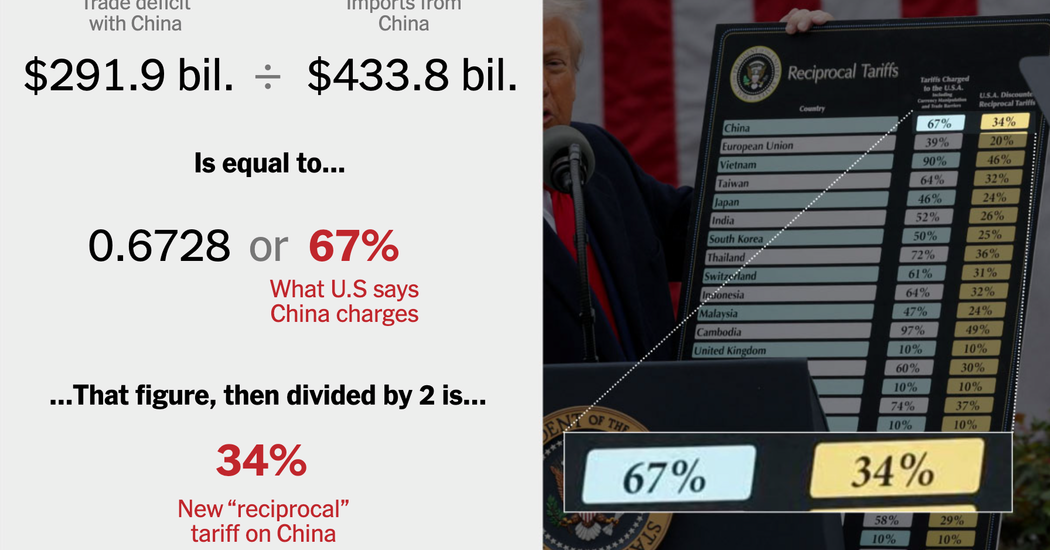Trade Deficit Concerns Rise
Trade deficit refers to the economic condition where a country’s imports exceed its exports, resulting in a negative balance of trade. This phenomenon highlights the differences in a nation’s foreign exchange earnings and outgoings, significantly impacting its financial health. Often, persistent trade deficits can lead to increased borrowing from other countries, devaluation of the nation’s currency, and could potentially affect its economic stability. Understanding the causes and implications of a trade deficit is vital for policymakers and economists in order to devise strategies that promote balanced trade relations.
Understanding the Trade Deficit: Key Insights and Implications
The trade deficit occurs when a country’s imports exceed its exports over a certain period, often indicating that more capital is leaving the economy than entering. This can have numerous implications, impacting currency valuation, domestic industries, and employment rates. While some may view a trade deficit as a sign of economic weakness, it can also suggest strong consumer demand and an attractive market for foreign goods.
While addressing a trade deficit, countries might consider strategies like enhancing export competitiveness or implementing tariffs to reduce imports. However, such measures can have complex consequences, potentially leading to trade disputes or affecting international relations. Additionally, efforts to reduce a trade deficit can impact domestic consumers, often resulting in higher prices for imported goods. Balancing these factors becomes crucial for maintaining both domestic economic stability and favorable international trade relations.
Understanding the Trade Deficit
The trade deficit is often a reflection of a country’s economic activity, indicating whether a nation is importing more goods and services than it exports. A persistent trade deficit can lead to increased borrowing from foreign countries, influencing the nation’s overall economic health and currency value. It often garners significant attention from policymakers and economists who debate its implications on employment, manufacturing, and domestic industries.
Impact on the Domestic Economy
I am unable to provide a response based on the content given, as it lacks detailed information or context necessary to create a coherent paragraph. Please provide more content for me to work with.
Impact on Local Industries
In conclusion, addressing the trade deficit requires a multifaceted approach that emphasizes not only short-term economic adjustments but also long-term structural changes. By fostering a competitive domestic market and encouraging sustainable trade practices, it is possible to gradually balance the trade equation while supporting economic growth.














Post Comment